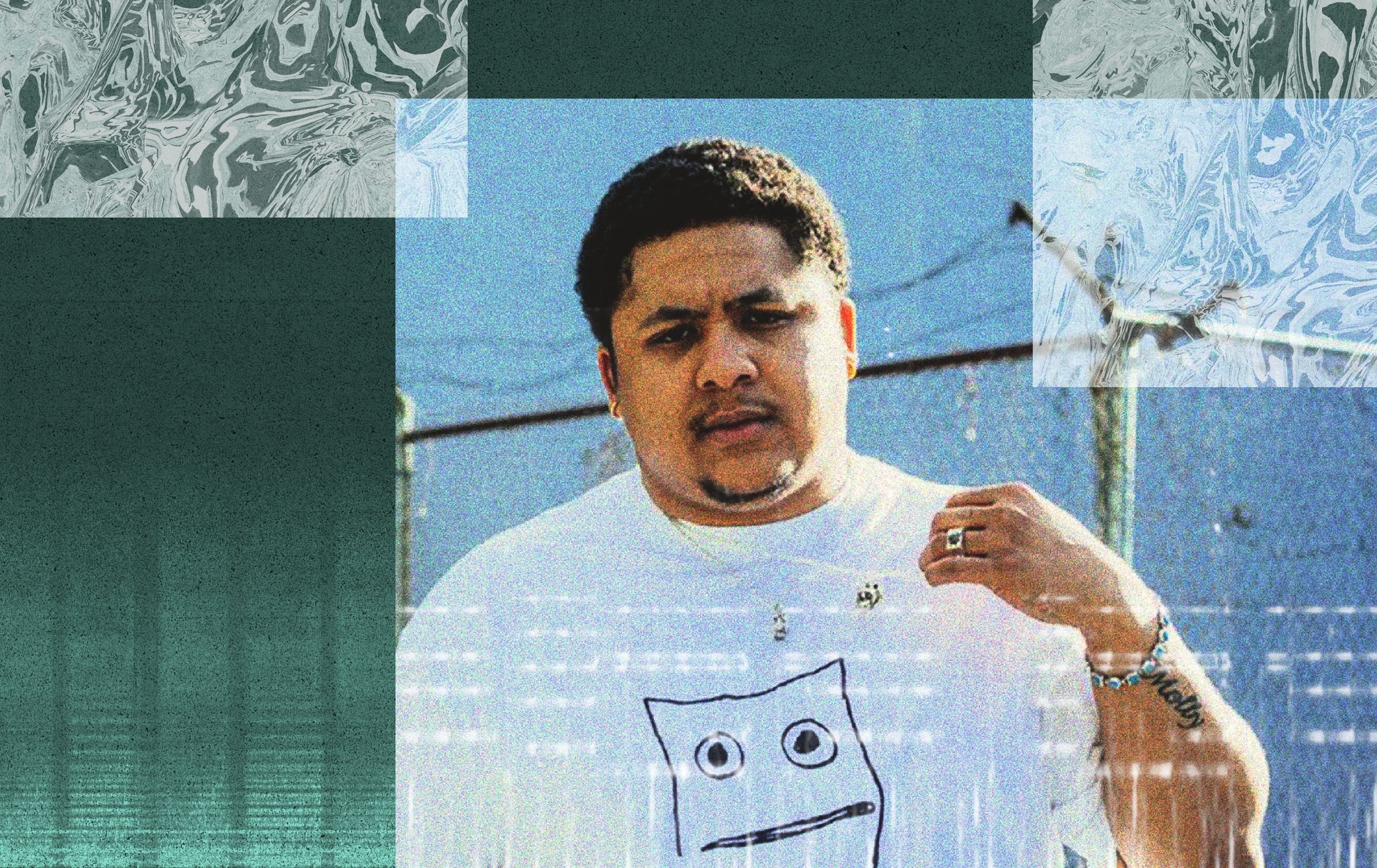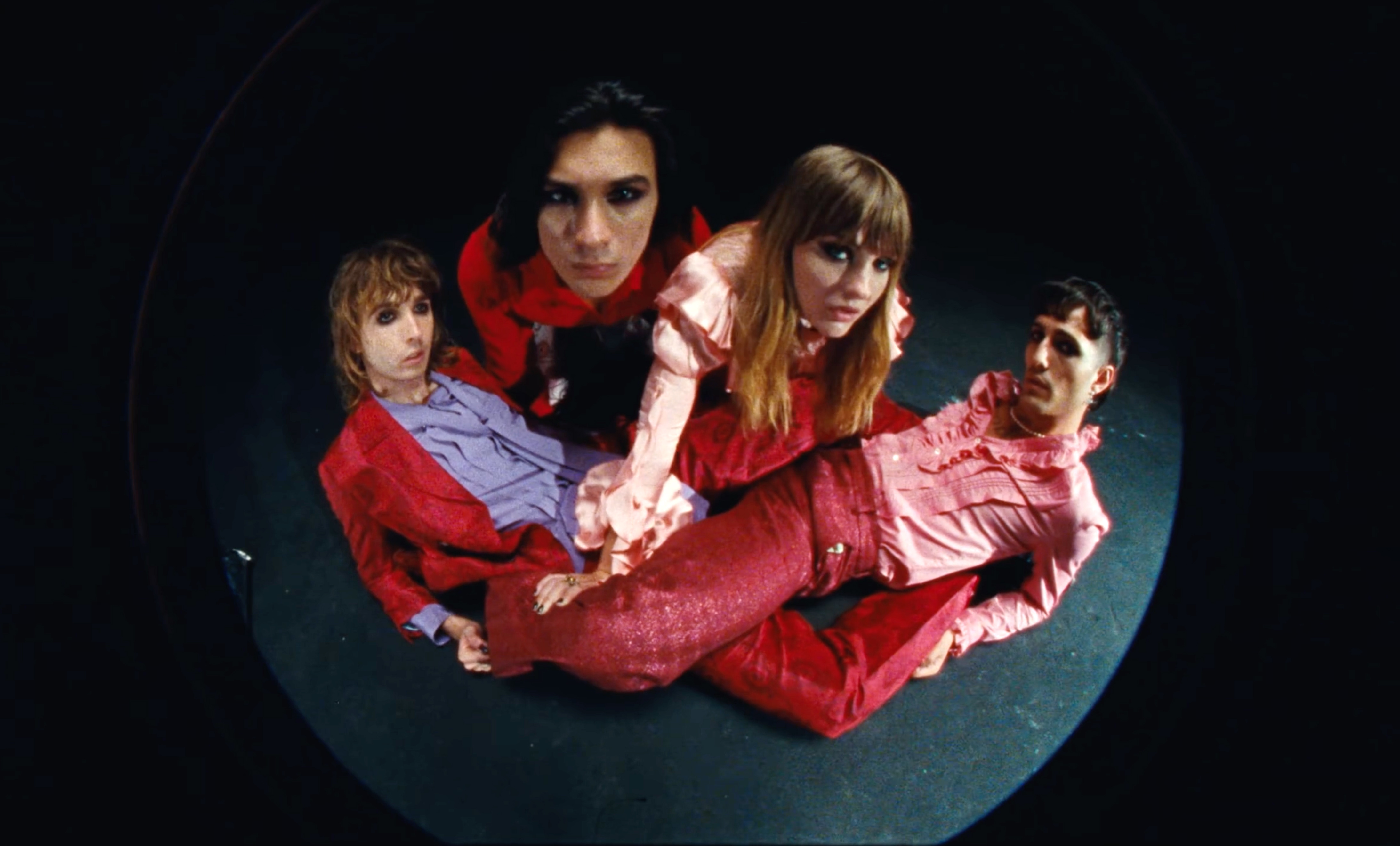Truly sexy music seems like a thing of the archetypal 1980s. The luxe, nostalgia-addled hallucination of plastic-laminate luxury and brick glass, combined with cocaine and digital synthesis seems like a paradigmatic backdrop for hypersexually smooth music. Numerous examples of commercial R&B/soul from the ‘80s can back this up. The primary current of music during this time was thickened with Moog bass, spiced with an aspirational sexuality, and simmered in the political, legal and psychological-spiritual manipulation of the Black community.
The ‘80s were a nest for the two most radical potentialities in the timeline of Black American music — rap and house music. The common thread between these genres is their eloquent danceability as a vehicle for political reimagination, Black liberation and revisionism, while also being a simultaneous trauma-therapy. Sexiness then becomes a function of the music, not a feature. Smoothness in music is an oddly objective measure, and an ideal destination for a generation of beat-makers looking to reconnect to the complex traumas of their ancestors. It remains anchored in the 1975-1981 sound, and reduplicated in the sounds of ‘90s Houston rap, g-funk, deep house, disco house and neo-soul. There is no ebb and flow more consistent than the trauma healing process, the only one being the flow of information between the crate-digging beatmakers of today and their forefathers.
Dreamcastmoe is a shining example of an absorbent dusthead, finding himself in the nestle of Washington, D.C.’s fecund dance circuit. His 4-song EP After All This, released on July 27, 2021, is the epitome of nostalgic soul-searching. This sense of wandering finds consistency among the boogie-funk genre, where it remains stylistically dedicated. There’s no more evidence of moe’s nostalgic yearnings than his partnership with People’s Potential Unlimited (PPU), a D.C.-based record label/online store for private pressings from some of the most obscure artists of the emerging “boogie funk” genre in the ‘80s. The label is run by Andrew Morgan and his partner, who started by reselling obscure vinyl on eBay and “whose ability to identify and source incredibly obscure Black music is now the stuff of legend.”
After All This is packed tight with reference to this specific obscurity and ultimately laden with tight drum programming enveloped in boom-bap warmth, folded into square shaped bass lines that leave a resounding phonk in the air. All of this supports moe’s pining vocal performance, one befallen by a desperate soul romance, underscored by decadent boogie-funk beats and expert glide.
Every song is a personal reflection on transitional relationships, the ones we form with ourselves, others and with objects to anchor us among chaos. Among these reflections include explorations on self-assurance, attachment and hedonism. On “Iou,” he affirms that “I owe you / No Answer,” and on “L Foot, Right” he dances away his worries: “Forget about paying them bills / We gon’ just chill.” The best song is “You Had Better Deliver,” a warm, synthy and bass-powered investigation into the relapse of attachment. Second best is “L Foot, Right,” a four-on-the-floor roller rink party with a sexy chant.
While the personal reflection on this album is inherently complex, the overarching reflections on musical identity are what delivers its profundity. After All This is a deeply referential work, one that blurs the line between an obscure ‘80s PPU release and contemporary R&B. The responsiveness reflected in it is a treasure — crate digging in a hyper-connected world transcends time and space — one can live through the ’80s via a YouTube playlist. It allows the subject to position themselves in physically inaccessible communities. It provides an “alternative geography of belonging.”
This connectivity goes farther for the Black beat-making youth. Through sampling and record collecting, artists like dreamcastmoe can musically demonstrate their reckoning with the ephemeral stories contained in reissued, obscure Black music. It’s also a shining example of why we need to archive and preserve as much of these authentic, non-commercial “private pressings” as we can before all that’s left is a commercialized — and often whitewashed and banalized — byproduct.




Comments are closed.